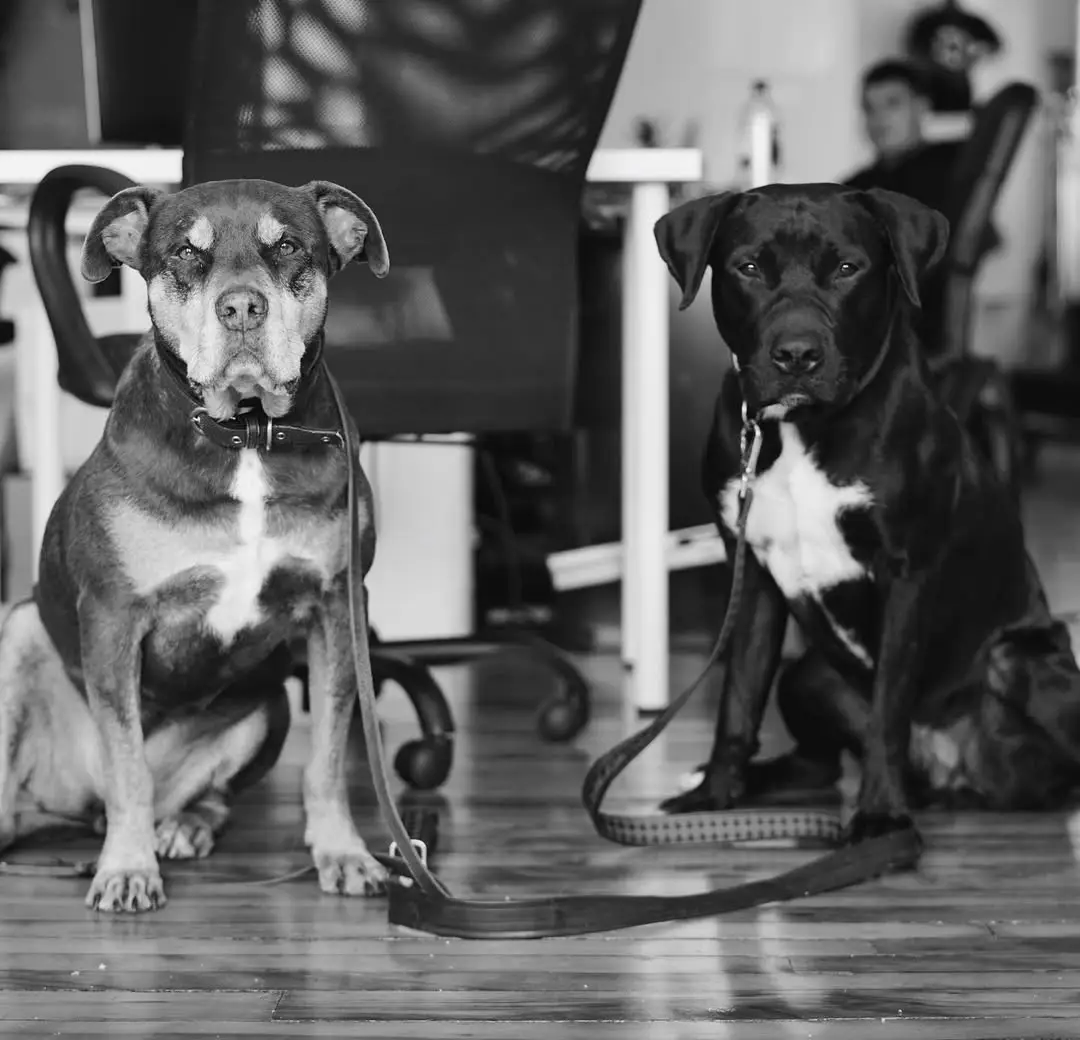
They say dogs are a man's best friend but unfortunately they can't stay with you forever, and that's why Tom Brady has made the shocking decision to clone his beloved dog Lua, creating an 'identical' new pet to accompany him.
The concept of cloning is something that has seemed to be exclusively reserved for science fiction, as it not only seems impossible in practice but has a number of ethical concerns too.
Dolly the sheep is one of the most famous instances of actual successful cloning, yet that took 277 tries in total and seemed like something that wasn't necessarily worth the risk and hassle outside of the purpose of experimentation.
Yet you might be surprised to find out that cloning your pets is actually far more common and popular than you might expect, and one recent high-profile example from a famous individual has left many in shock.
Advert

As reported by People, seven-time Super Bowl winning quarterback Tom Brady recently announced that scientists have managed to successfully clone his former dog Lua – who died back in 2023 – creating a biological copy he's now called Junie.
The announcement came alongside news from Colossal Biosciences – who Brady himself is an investor in – that the biotech company has acquired fellow cloning experts Viagen Pets and Equine.
Viagen is perhaps the most famous company when it comes to celebrity pet clones, having replicated both Barbra Streisand and Paris Hilton's dogs in 2017 and 2022 respectively, with the latter producing two copies from a single animal.
In Brady's case, Junie was created using blood collected from Lua before she passed away, and the former New England Patriot's star has emphasized how important this scientific process was to his family.

"I love my animals. They mean the world to me and my family," Brady explained. "A few years ago, I worked with Colossal and leveraged their non-invasive cloning technology through a simple blood draw of our family's elderly dog before she passed."
He added how this cloning process "gave my family a second chance with a clone of our beloved dog," and that he is "excited how Colossal and Viagen's tech together can help both families losing their beloved pets while helping to save endangered species."
While this might sound great for anyone with a pet approaching their twilight years, it does come with a hefty upfront cost that will be prohibitive for most, even if it means that your beloved animal technically gets a 'second life'.
Reports from the Guardian indicate that the average cost of this process is around $50,000, and can increase even further with other types of animals beyond the standard cat and dog.
That's often worth it for people like Tom Brady who have more than enough money to burn, but it'll likely remain a pipe dream for a long time when it comes to the average person.
